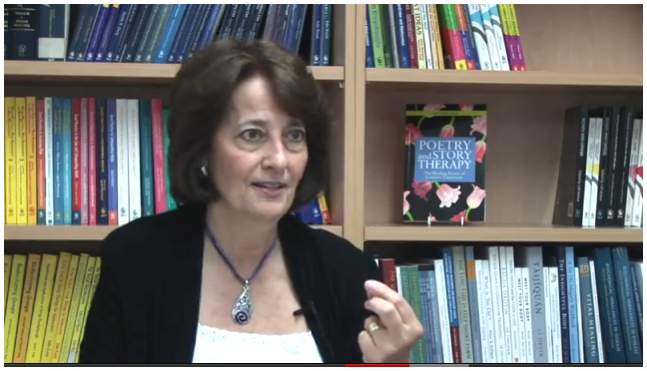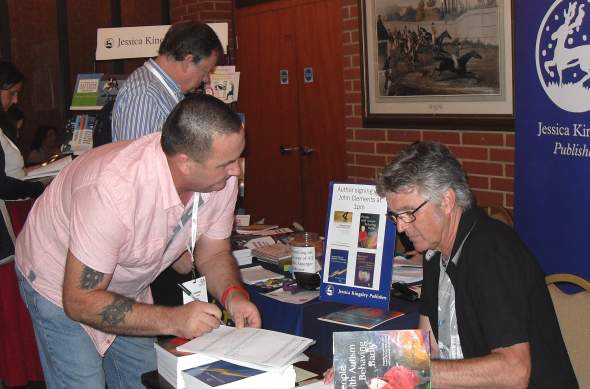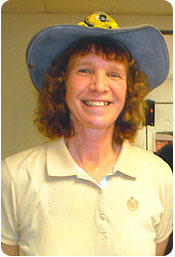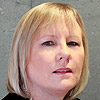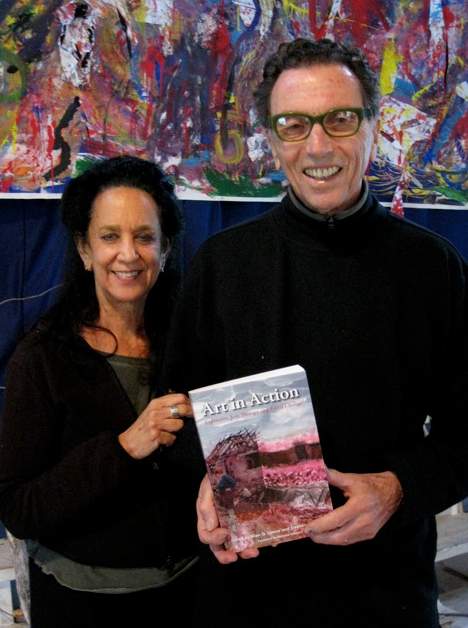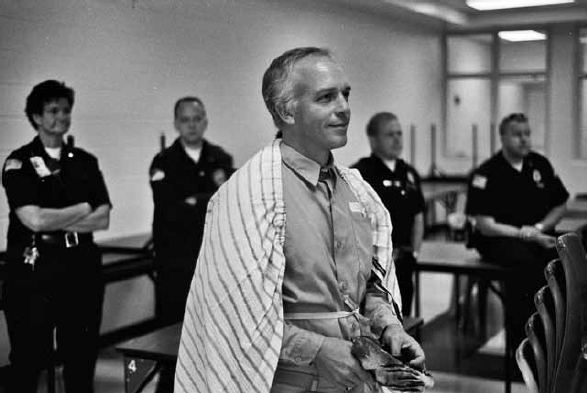Social Work Under Pressure – Fighting Monsters Blogger interviews JKP author Kate van Heugten
“It is possible that social workers may be somewhat more prone to stress and burnout because their relationship with clients is so central to their work. Their work efforts revolve around empathy and understanding of service users’ situations and this can be draining. They may not have been assisted to know how to handle this inherent stress in their training, and they may not be aware that setting boundaries is critical to self-care.”


